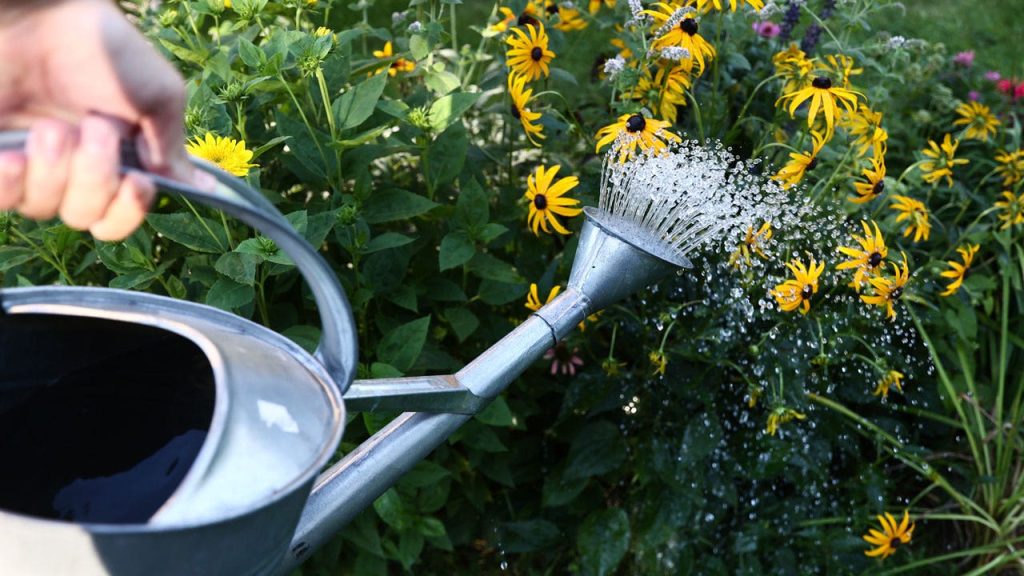Spring is the prime time for gardening, and those new to the activity may find it overwhelming. However, with some research and guidance, anyone can cultivate a successful garden. Consider your site, sunlight, and soil before you start. Some plants are easier to grow than others, so do some homework and seek help from experienced friends or local resources when needed. Master Gardener programs exist in all 50 states and provide research-based advice and information to help beginners succeed.
The key to a successful garden lies in choosing the right location. Look for areas with full sun and proper drainage, avoiding planting too close to large trees or shrubs that could block sunlight or compete for resources. Raised beds or container gardening can be great options for those with limited space or challenging growing conditions. The Rutgers Cooperative Extension offers useful fact sheets on its website to guide beginners on best practices for specific vegetables and site considerations.
Assessing your soil is a crucial step in preparing for a garden. Soil testing services are available through Cooperative Extension offices to determine the pH balance and nutrient content of your soil. This information will guide you on how to best nourish your plants for a fruitful yield. Different crops thrive when started at specific times, so be mindful of when to plant based on your location and climate. Learning the needs of the plants you choose to grow is essential for a successful harvest.
Researching gardening practices and seeking information from reputable sources can greatly benefit your garden. Master Gardener programs are a valuable resource for answering questions and providing research-based advice on gardening-related topics. Partnered with universities, these programs conduct research tailored to specific environments to offer the best advice for your area. By investing time in education and taking it slow, you can ensure a thriving garden and a rewarding gardening experience.
When starting a garden, having a good location, understanding your soil, and planting at the right time are essential for success. Gardening should be an enjoyable hobby, and taking the time to learn the needs of your plants can lead to a bountiful harvest. With the help of local resources like Master Gardener programs and educational materials from Cooperative Extension services, beginners can build confidence and knowledge in their gardening endeavors. Start with the basics, do some research, and enjoy the process of watching your garden grow.


